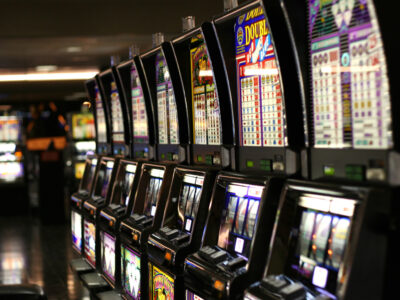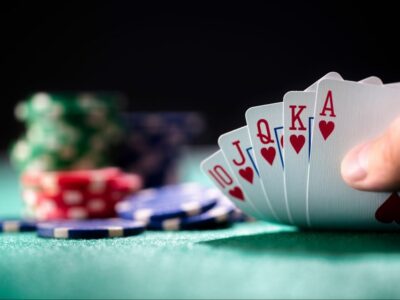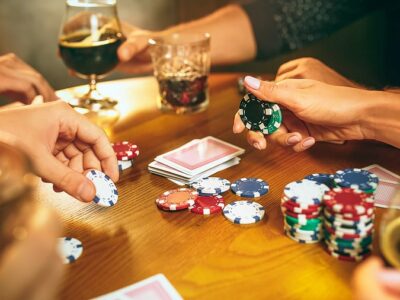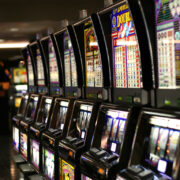
The allure of the casino, whether brick-and-mortar or online, has captivated individuals for centuries. Behind the spinning reels and card tables lies a complex web of psychological factors that influence gambling habits. Delving into the depths of human behavior, let’s unravel the intricate tapestry of the psychology behind gambling.
1. The Thrill of Uncertainty: The Dopamine Rush
At the core of gambling lies the thrill of uncertainty, and this uncertainty triggers the release of dopamine in the brain. Dopamine, often referred to as the “feel-good” neurotransmitter, creates a sense of pleasure and reward. The anticipation of a win, even in the face of potential loss, contributes to the addictive nature of gambling.
2. Risk-Taking and Reward: A Delicate Balance
Humans are inherently drawn to risk-taking behaviors, and gambling provides a structured environment for individuals to engage in this innate tendency. The prospect of a significant reward, whether through a jackpot or a successful bet, fuels the desire to take risks. The delicate balance between risk and reward plays a pivotal role in sustaining gambling habits.
3. The Illusion of Control: Cognitive Biases at Play
Gamblers often exhibit cognitive biases that contribute to their continued engagement. One such bias is the illusion of control, where individuals believe they can influence the outcome of a game through skill or strategy, even when the events are purely chance-based. This illusion fosters a sense of empowerment, encouraging individuals to persist in their gambling habits.
4. Social Interaction: From Solitude to Community
While gambling may appear solitary, the social aspect is a significant driver of continued engagement. Whether in a casino setting or through online platforms, the shared experience of wins and losses fosters a sense of community. This social interaction provides emotional support and camaraderie, creating a powerful incentive for individuals to remain active in gambling circles.
5. Escapism and Entertainment: A Temporary Refuge
For some, gambling serves as a means of escapism from the challenges of everyday life. The immersive environment of a casino offers a temporary reprieve from stress, providing a space where individuals can focus solely on the game at hand. The entertainment value, coupled with the potential for financial gain, reinforces the habit of gambling as a form of enjoyable diversion.
6. Reinforcement Schedules: The Slot Machine Effect
The design of certain gambling games, particularly slot machines, incorporates reinforcement schedules that contribute to addictive behavior. Variable ratio reinforcement, where rewards are delivered unpredictably, reinforces continued engagement. The sporadic nature of wins creates a sense of excitement and keeps players hooked, contributing to the habitual nature of slot machine play.
7. Cognitive Dissonance: Balancing Beliefs and Behaviors
Cognitive dissonance, the discomfort arising from holding conflicting beliefs or attitudes, plays a role in sustaining gambling habits. Despite losses, individuals may convince themselves that a win is just around the corner or that their luck will change. This self-justification mechanism enables gamblers to reconcile their beliefs with their continued engagement in the activity.
Understanding the intricate psychology behind gambling habits is essential for both individuals and society as a whole. Recognizing the underlying factors that contribute to the allure of gambling allows for informed conversations about responsible gaming and the development of strategies to address potential issues. As we navigate the complex interplay of neuroscience and behavior, it becomes evident that the psychology of gambling is a multifaceted realm that continues to intrigue and challenge our understanding of human nature.












